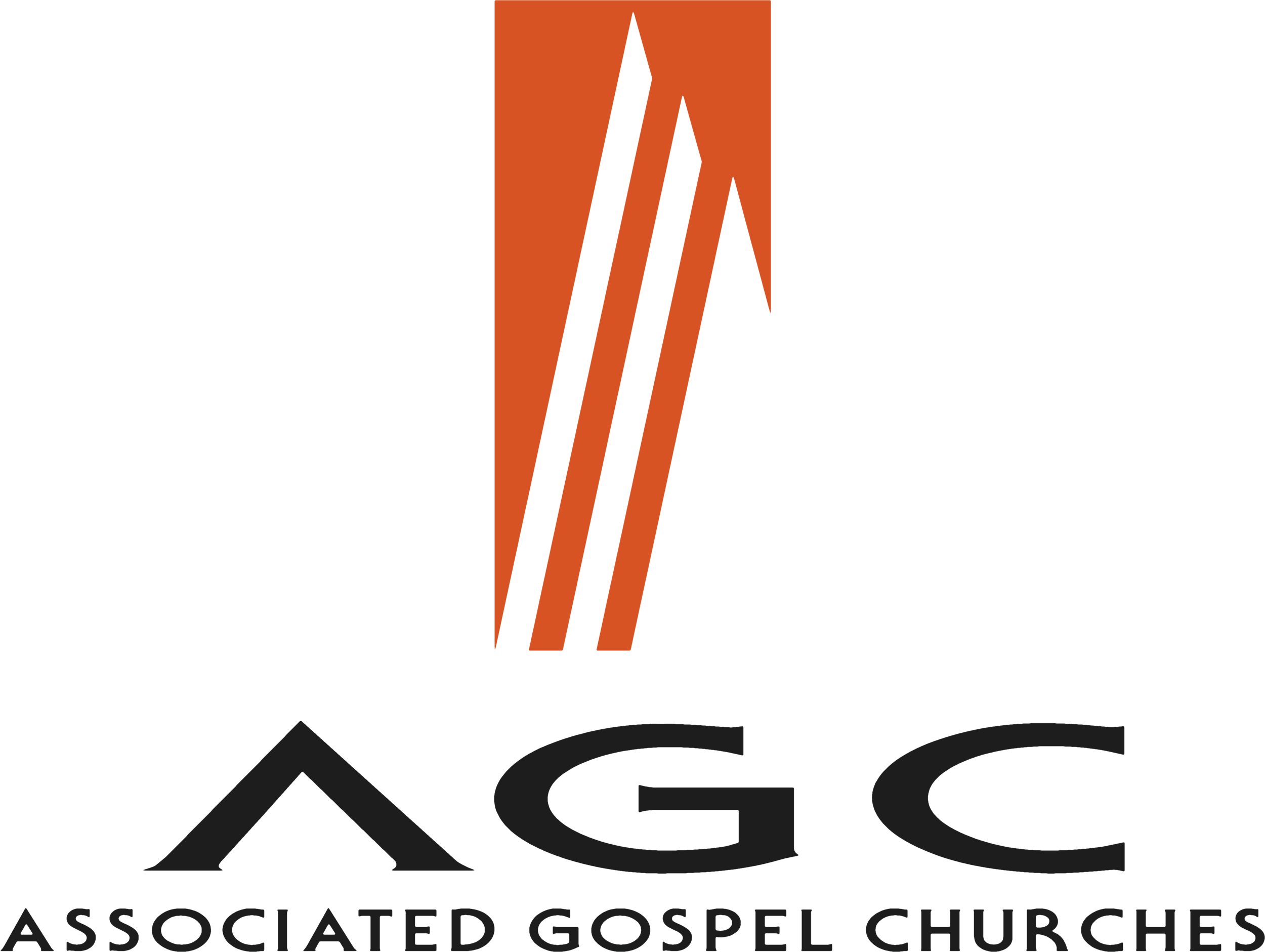A Legacy of Blessing: Clarity Through the Fog
It was an unusually foggy summer morning a couple of weeks ago as I drove to the office. The fog was thick, but it was a well-known route; I drive it almost every day, so I was not concerned. I had clarity on the winding of the road, where the traffic typically bunches up, and in which lane I needed to be in to make it to my exit. But what happens when you are on an unfamiliar road in the fog and you don’t have clarity? In many ways, that is what our current cultural environment looks like.
In his book Platforms to Pillars: Trading the Burden of Performance for the Freedom of God’s Presence (2025), author Mark Sayers describes the rise of the platform mentality and the progression from the age of anxiety to the age of anger. A platform mentality emphasizes individualism and performance and is rooted in the belief that self and personal desires are preeminent. He writes, “Individualism led to a culture of assertiveness, in which people became bolder in platforming their needs and wants. Assertiveness, however, is shifting into anxiety as the flaws of the platform mentality become more apparent. . . The age of anxiety seemed to be morphing into an age of anger as the platform mentality began running around, flailing, and failing as a reliable framework for living” (p.21, 22).
An example of this shift from anxiety to anger is seen in the recent assassination of Charlie Kirk. Anger and violence have seemingly become acceptable responses to religious, political, or ideological differences. Differences are vilified, silenced, and punished. There is a fog, a lack of clarity regarding any moral foundation or code of ethics that provides a framework for life and relationships with one another.
The Gospel gives us a better option. At his memorial service, Charlie Kirk's wife openly forgave Charlie's killer. She said, in part, “because that’s what Charlie would have done, because that’s what Jesus did.” She's right. The Gospel provides a framework for life and relationships with others. It brings clarity amidst the fog. It rests upon a moral framework that we are all lost sinners in need of forgiveness. When we repent of our sin and freely receive His forgiveness, we can then forgive others. We can then interact with others who differ from us, seeing them not as adversaries to silence, but with the love of Jesus, pleading with them, as it were, to repent and come to Christ.
The Apostle Paul, writing to the Corinthians, gives us this clarity: “Therefore, we are ambassadors for Christ, God making his appeal through us. We implore you on behalf of Christ, be reconciled to God. For our sake he made him to be sin who knew no sin, so that in him we might become the righteousness of God” (2 Cor. 5:20-21). As anger increases and becomes a norm within our society, let us bring clarity with love and the truth of the Gospel. It won't be easy. Jesus himself was hated by those he came to save, and we, too, will be hated and persecuted for living godly lives (2 Tim. 3:12). But let that not stop us from shining like a light of warning in the fog of imminent danger. Let us take every opportunity to boldly declare in love the truth of the Gospel in these anxious and angry-filled days.
Fog often conceals hidden danger. The Gospel reveals and exposes our anger and our anxiety, yet it also provides an alternative. Let us boldly proclaim truth into the midst of the fog.
Bill Allan,
AGC President

